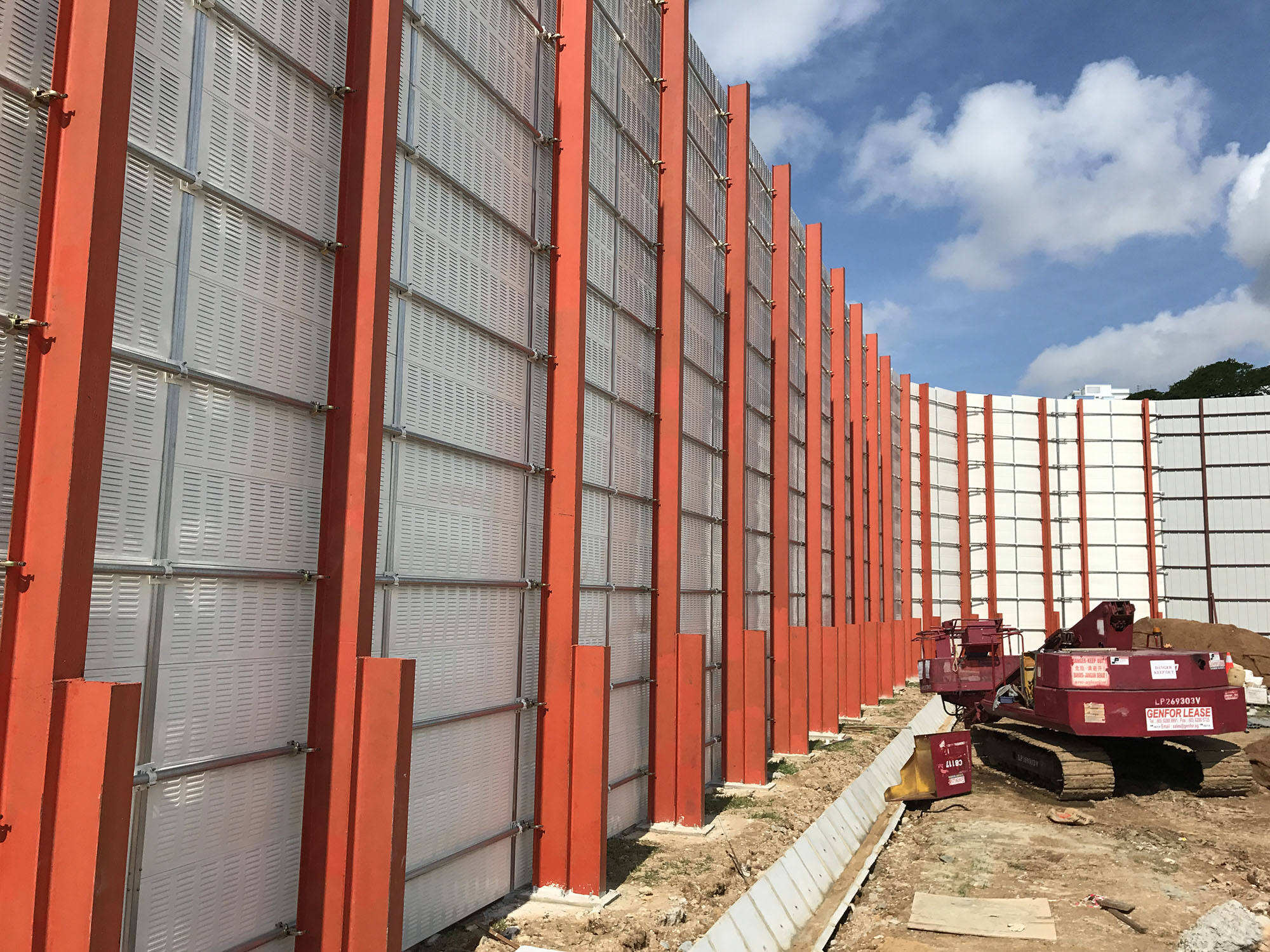Are Construction Sound Barriers a Cost or a Smart Investment?
Walk past any urban construction site, and you’ll likely notice large panels or acoustic blankets enclosing the area. These aren’t just for safety—they’re sound barriers designed to reduce construction noise and its impact on the surrounding community.
With construction activities increasingly taking place near residential buildings, offices, schools, and hospitals, managing noise pollution has become a critical part of responsible development. But are sound barriers merely a way to tick off regulatory checkboxes, or can they deliver real business value?
Let’s take a closer look.
Why Construction Noise Matters
Construction noise is more than a nuisance. Prolonged exposure can lead to:
-
Increased stress and fatigue
-
Sleep disruption
-
Hearing issues
-
Reduced concentration for nearby residents or workers
More importantly, excessive noise can trigger public complaints, damage reputations, and lead to costly project delays—especially in highly connected communities where a single complaint can gain traction on social media.
Regulation Is Just the Starting Point
Governments worldwide are tightening noise regulations. In Singapore, for example, the National Environment Agency (NEA) enforces strict construction noise limits, especially during off-peak hours and near residential zones. Non-compliance can result in fines, suspension of work, or even contract loss.
But compliance should be seen as the baseline—not the goal. Strategic use of sound barriers can offer far greater benefits beyond legal requirements.
The Business Case for Sound Barriers
Far from being a sunk cost, high-quality sound barriers can become a strategic asset on your construction site.
1. Build Community Trust
Demonstrating care for the local environment positions your brand as considerate and professional. This can help reduce public resistance, improve stakeholder relationships, and even win support for future projects.
2. Protect Worker Health and Improve Site Safety
Noise barriers reduce ambient noise within the site, making it easier for workers to communicate and concentrate—essential for both safety and productivity.
3. Avoid Project Delays
Noise complaints and violations can halt operations. Sound barriers help you manage noise proactively, minimizing the risk of shutdowns or fines.
4. Reusable and Cost-Effective
Many modern sound barrier systems are modular and portable. They can be reused across multiple sites, offering long-term savings and stronger return on investment.
What About the Cost?
Yes, sound barriers require upfront investment. But the cost of not using them can be significantly higher when you factor in:
-
Legal penalties
-
Delays from noise complaints
-
Negative media or social backlash
-
Strained client and community relationships
With advancements in noise control technology, there are now affordable, lightweight, and effective barrier systems available for a wide range of project types and budgets.
Complement, Not Replace, Other Measures
Sound barriers work best as part of a broader noise management plan. Combining them with practices like:
-
Adjusting work schedules
-
Using quieter machinery
-
Rotating high-noise activities
…creates a more holistic and effective approach to construction noise control.
Proven Applications
✅ Urban Infrastructure Projects
Sound barriers are extensively used in MRT and road developments across Singapore to protect densely populated areas from excessive noise.
✅ Commercial Zones
Sites near office buildings benefit from noise control, allowing nearby businesses to operate with minimal disruption.
✅ Neighbourhood Developments
In landed property redevelopments or residential upgrades, acoustic barriers help preserve community goodwill—essential for long-term client relationships.
Final Word: Beyond Compliance
Construction sound barriers are more than a regulatory requirement—they’re a strategic investment in your project's success, your workers’ wellbeing, and your company’s reputation.
By proactively managing construction noise, you reduce risks, build trust, and position your brand as one that leads with both professionalism and care.
Invest in sound control—not just because you have to, but because it pays off.


